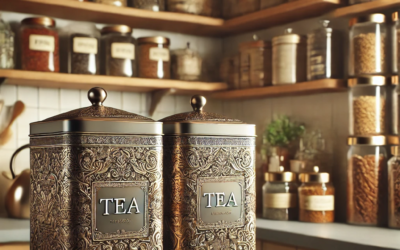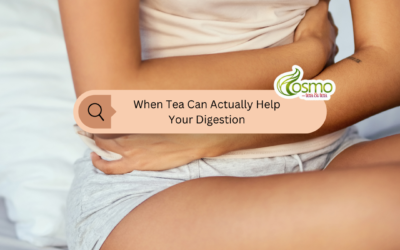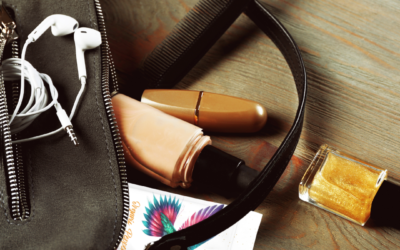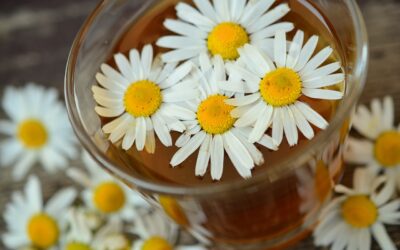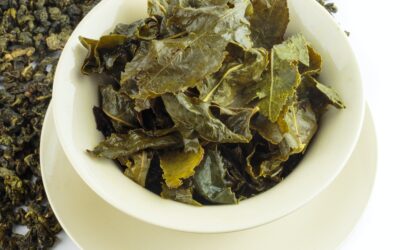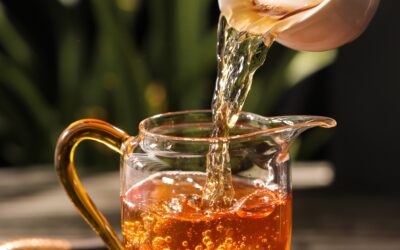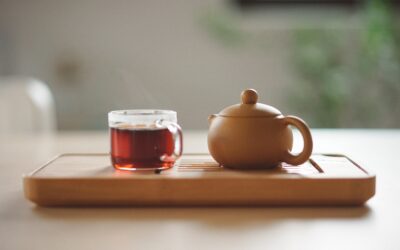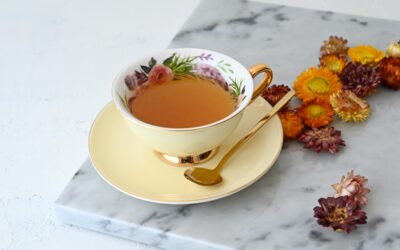Tea lovers often hear that their favorite drink contains caffeine, but not all caffeine works the same way. Unlike coffee, tea offers a smoother, more balanced energy boost, thanks to the unique combination of caffeine and L-theanine.
No jitters….. none whatsoever, just gentle alertness. But what if you’re sensitive to caffeine?
And what about decaf tea? Does it truly remove all the caffeine?
Well, the answer to that is……
Yes, All True Tea Has Caffeine
Black, green, oolong, yellow, white, and even puerh tea all come from the Camellia sinensis plant, which naturally contains caffeine. However, unlike coffee, tea offers a more balanced experience. The reason? L-theanine, an amino acid unique to tea, works with caffeine to create a state of mindful alertness.
Yuppp…. smooth energy without jitters or crashes. This makes tea an excellent choice for those who want sustained alertness while maintaining a sense of calm, ideal for busy professionals, mindful moments, and self-care rituals.
Decaf Tea: Is It Really Caffeine-Free?
Many people opt for decaffeinated tea, thinking it’s a caffeine-free alternative, but here’s the catch, decaf doesn’t mean zero caffeine. The decaffeination process reduces caffeine, but it doesn’t remove it entirely. Most decaf teas still contain small amounts, which can add up if you’re particularly sensitive.
And then there’s the process itself. Most decaf teas undergo chemical treatments using solvents like ethyl acetate or methylene chloride to strip caffeine from the leaves. While some methods use carbon dioxide or water processing, which are considered more natural, the reality is that decaf tea has been altered, and not necessarily in the best way.
If You Want Zero Caffeine, Try Herbal Teas
If you’re looking to avoid caffeine completely, herbal teas (also called tisanes) are your best bet. These naturally caffeine-free blends, like camomile, rooibos, or peppermint, offer a soothing alternative. But keep in mind, that not all herbs are caffeine-free. Yerba mate and guayusa, for example, are herbal infusions that still contain caffeine, so if you’re going for true zero, choose wisely.
My Take? All In or All Out
Personally, I’d rather enjoy my tea as it is, caffeine included, or skip it altogether and go for a natural caffeine-free option. The middle ground of decaf doesn’t appeal to me, especially when the process can be questionable, and the result isn’t truly caffeine-free. But everyone has their own preferences, and if decaf works for you, that’s great, just be informed about what’s in your cup.
At the end of the day, it’s all about choosing what aligns with your lifestyle. Whether you love the smooth lift of real tea or prefer the gentle calm of herbal blends, the best tea is the one that makes you feel good.



